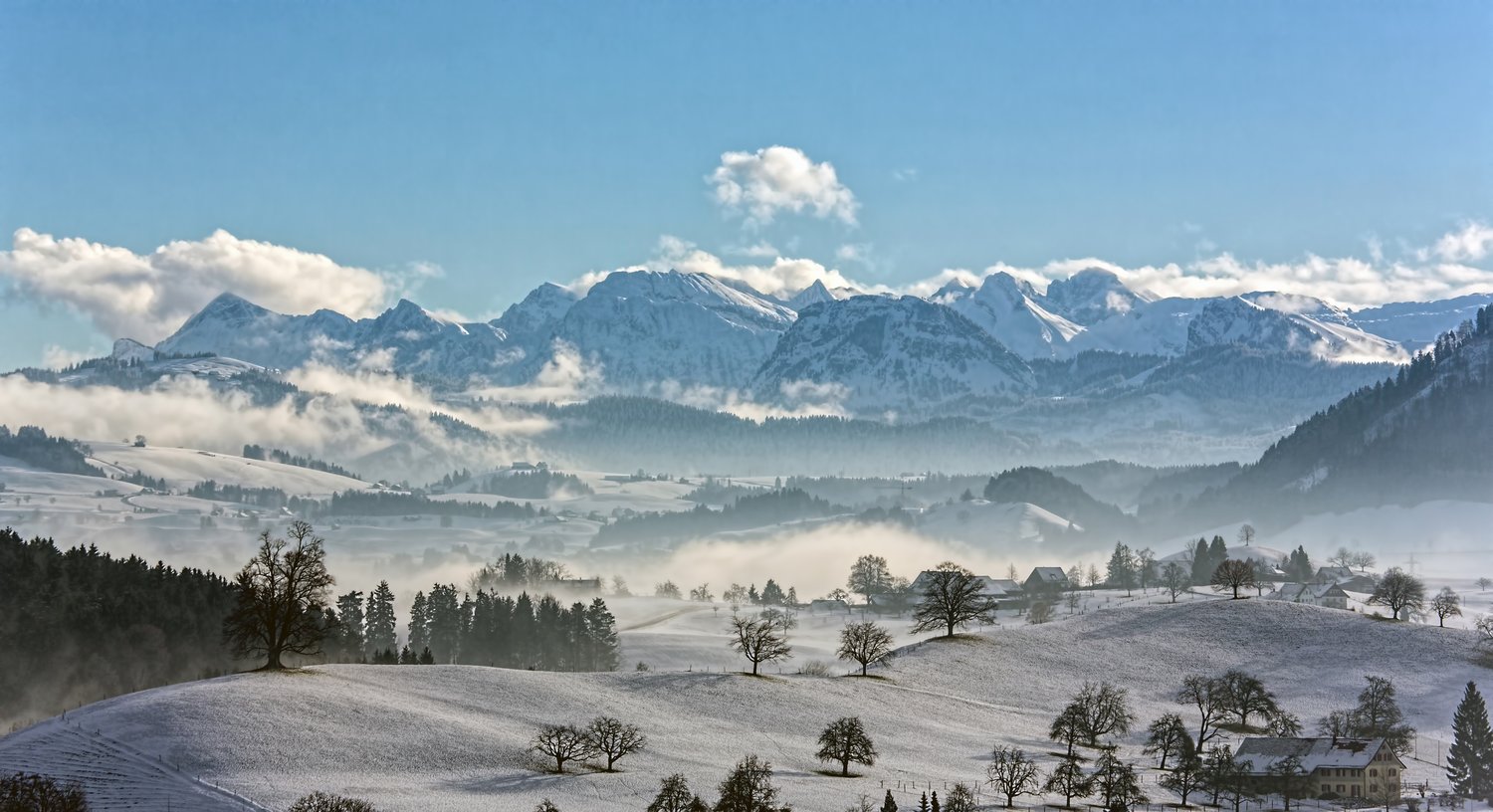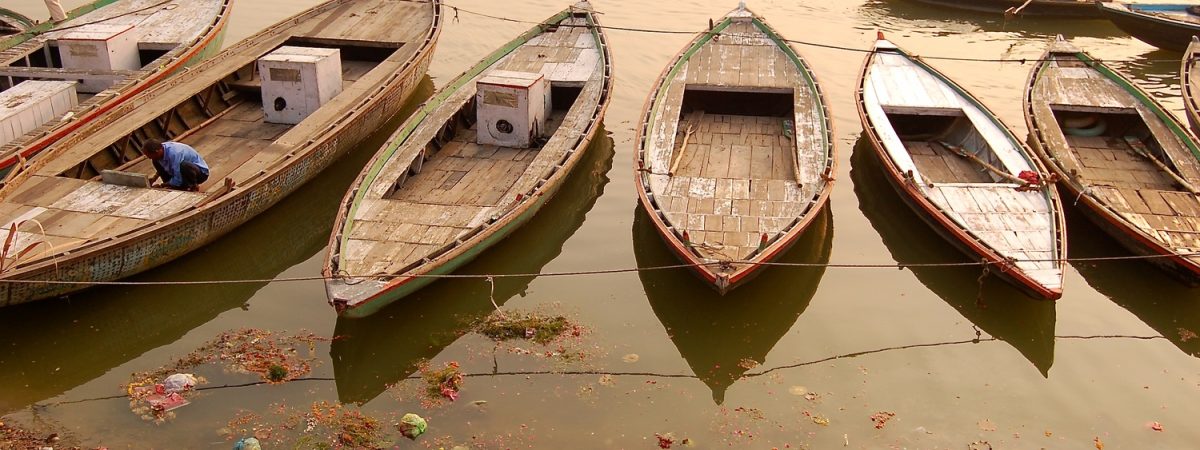 Photo by Ricardo Gomez Angel
Photo by Ricardo Gomez Angel
“We don’t have enough,” I said.
From our pouches and pockets, ponchos and backpacks, we had collected every one of our crumpled rupees and smoothed them out on the swirly-patterned fleece blanket of the guesthouse bed. We ran the numbers again.
“Well, I guess, we can turn around,” said Fletcher, shrugging his eyebrows and then settling himself on the edge of the bed, which was less a bed than a plywood platform. “Go back to Kathmandu?”
“We don’t have enough,” I said. I was looking without blinking at the scatter of faded bills. “To get back, I mean.”
“We don’t have enough, to get back? Or to keep going?”
Fletcher, perpetually unflappable. Suddenly troubled.
“That’s right.”
I gathered up the money. I folded half into my stinky money pouch and set the rest aside for him. Outside, a white moon was climbing the Nepali sky, though we couldn’t see it. Our room had no windows.
“What’re you doing?”
“Getting out the papers,” he said, rummaging in the top of his pack. “I mean, might as well smoke a J-bird, huh?”
“Oh good thinking. Way to problem solve, babe.” So I went rummaging in my pack, too, and grabbed my—toothbrush.
Fletcher sat out under the moon smoking the joint while I lay atop the skinny foam pad on the plywood and failed to sleep. When at last I did sleep, I dreamt about Dad. My hands trembled over a coffee can of leaden coins as I struggled to count the sum. This whole thing could go wrong, said a youngish Dad in wire-rim glasses as he peered over my shoulder. Sorry sorry, I said, shaking my head and beginning again.
In the morning over oatmeal, which ran us about twenty cents a piece, we decided to keep walking toward the High Himalayas and further from the capital city that was safety. It seemed there was nothing else to do. Someone in the village of Lukla—still two days’ plodding in the wrong direction—might be able to help.
That day the trail snaked through a river valley and up a rocky scramble and into a meadow where the grasses were brown and gold. There were hills behind us, into which plots had been carved and stone houses erected. Families grew apples from gnarled and knotted trees, and carrots and beans from the arid soil, and raised yaks for milk. And I was a miniscule brown-headed dot crossing the wildly picturesque scene.
Actually I was a miniscule brown-headed dot entirely absorbed in the question of what happens to dumbass foreigners who run out of money on the footpaths of the Himalayas. Do you beg? Except, who would give us money? We had backpacks and rain slickers in the saturated primary colors of the leading brands. Plus, I mean, we were here. This being not exactly an inexpensive passage from North America. But I could explain! We had saved up. But whatever. All of it merely summoned the larger question, hard to ignore: What was I actually doing here? Everyone back home had jobs. They were assembling lives. And I was lost… in the Himalayas.
Above us the clouds slid across the sky. I wiped prickles of sweat from my temple with the side of my hand. I’d fallen behind Fletcher. I watched him up ahead, marching steadily. But Jesus, even that seemed uncertain, now. Were we going to make it back to the continental U.S. still a couple? For four years this guy had held me when I flailed, his touch the one steady thing. And now even that seemed quavery.
The meadow sloped down toward the valley and faced the lumpy green hills on the other side. I kept stopping to look. Because, even sans plan, and even as we were stranded on this path 7,000 miles from home, lacking the coinage to go forwards or back, there was something—I looked back toward the valley—about being here. It seemed there were answers here. Yes that was it, I thought, nodding as I resumed my unhurried gait, there were answers—if only I could decipher them from their coded form.
“You okay?” Fletcher called. He had stopped and was staring back at me from where the trail curved out of the meadow and toward a narrow ridge.
I nodded, squirming under my pack. I adjusted its straps and my damp T-shirt. Then I came up to meet him. Together we walked the ridge and rounded the pass.
And that was where the view changed.
We were still overlooking the green of thousands of conifers that blanketed the land to the horizon. But now we were facing north to where, overtop those trees, and above the horizon line, rising high out of the clouds and into the sky above, there was a soaring constellation of ice-capped peaks. I inhaled so sharply that my head thrust back.
I still didn’t know what I was doing with my life—but in that moment, I realized one thing I needed to know.
